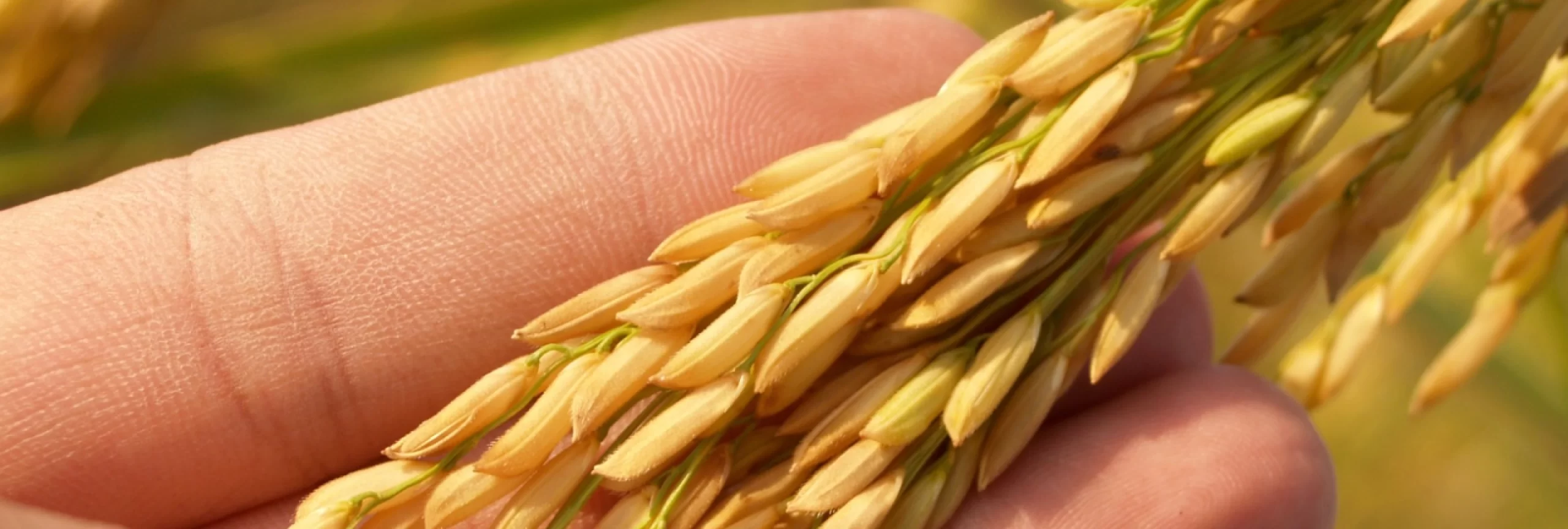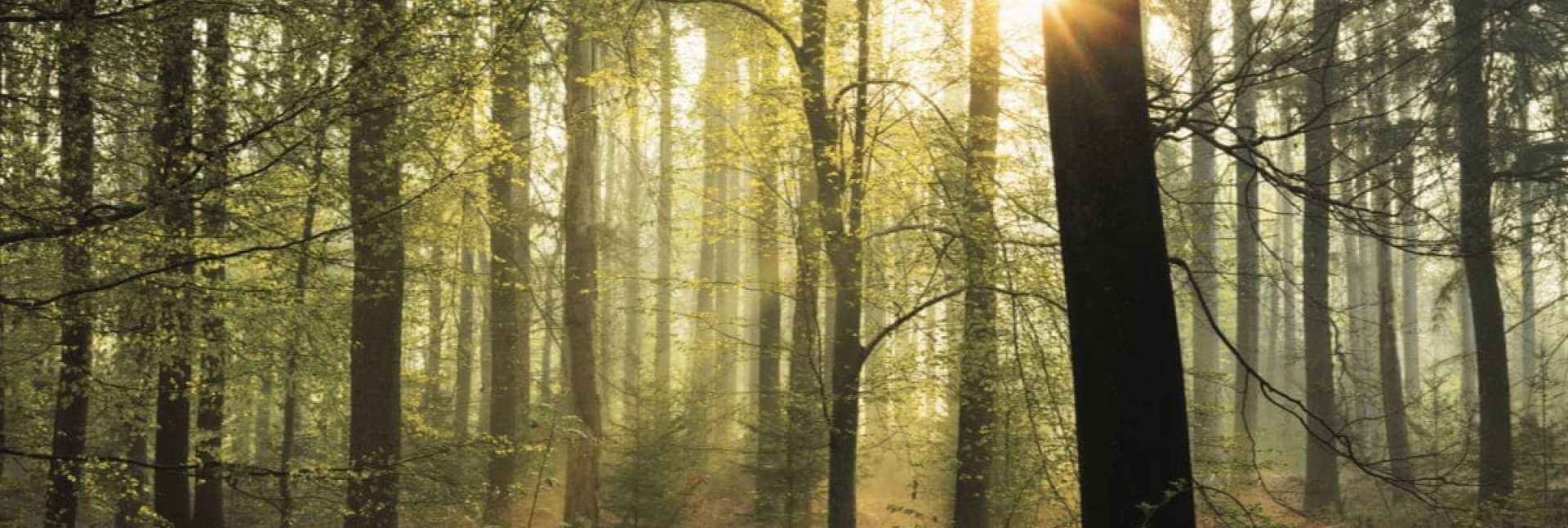Recently, as you may recall, excavations in Pompeii unearthed a still life fresco depicting what seemed to many to be, mistakenly, the ancestor of a pizza. Amid speculation and denial, so many of us have secretly formulated the unattainable desire to be able to travel back in time to take a bite of that strange flatbread.
In the face of history books and archaeological discoveries, indeed, many food and wine lovers harbor the impossible fantasy of tasting the food of ancient civilizations. What if we told you that actually tasting the food of our ancestors is already possible?

Photo: Sebastian Klein
The preservation of ancient seeds
For the past 20 years or so., in fact, researchers, farmers and supply chain actors are dedicating themselves to saving, preserving and reviving ancient seeds. This expression refers mainly to varieties of plants for food use that have been cultivated and used for thousands of years but have gradually disappeared. Mhe many varieties of cereals, fruits and vegetables that are part of the Italian tradition are at risk of extinction. But also motivating the preservation of ancient seeds is the pure study of past eras: more and more scholars are taking an interest in the so-called de-extinction Of plants that were widespread tens of thousands of years ago.
The value of certain unique features
At any rate, the research strand has mainly agricultural and food objectives. Indeed, the value of ancient seeds lies in certain of their unique characteristics, such as disease resistance, adaptability to specific climates, or special nutritional profiles. To cite a well-known and emblematic example, Senatore Cappelli ancient durum wheat – named after an Abruzzese senator of the Kingdom of Italy who supported agricultural transformation in Apulia in the late 19th century – possesses, in addition to excellent taste, high nutritional and agrarian qualities. It has a higher protein value than the average of other grains but at the same time has a low gluten content; in fact, as confirmed by a recent study Gemelli Polyclinic Foundation, is particularly suitable for those with Non-Celiac Gluten Sensitivity. In addition, this variety of wheat is very adaptable and naturally sustainable: requires less water and resists drought well due to its deep roots, does not need herbicides because of the height of its spikes (which counteracts weeds).

Photo: Eva Bronzini
Seed keepers: a global phenomenon
It is a global phenomenon, which sees so many people around the world-primarily farmers but not only- making efforts to preserve, select, and disseminate old varieties, including through the recovery of disused cultivation techniques. We call them “Seed keepers”, because they they recognize the importance of protecting biodiversity, ensuring the food security of populations and protecting the land, and have been dedicated to maintaining the germination strength of seeds, in some cases for centuries. For example, in May
The Guardian
had
told us
of the 150 women who care for the ancestral grains of the Bijagós, an archipelago of rural islands located along the African coast off Guinea-Bissau.
The resurrection of ancient seeds not only contributes to food diversity, but can help preserve much more: agricultural history, the culture of diverse communities, and a more sustainable and responsible way of farming, which is concerned with allowing the soil to regenerate and the seeds to adapt to changes in climate. This awareness is now widespread even in Italy, a country very active in the preservation of ancient seeds.
Also
Filiera Agricola Italiana
, whose activities promote transparency and certainty of the origin of raw materials, is devoting itself to the identification and enhancement of native ancient seeds. The goal is to be certain about the origin of the seed as well. Italian Agricultural Chain, thanks to the important contribution of farmers, is planning a real assortment of ancient seeds whose origin will be guaranteed by the seal of quality Signed By Italian Farmers.
In conclusion, thanks to the many “Seed Keepers” active in Italy and around the world, we will not need to travel back in time to taste the food of our ancestors: ancient seeds are already among us, with their magical flavors and extraordinary qualities.









